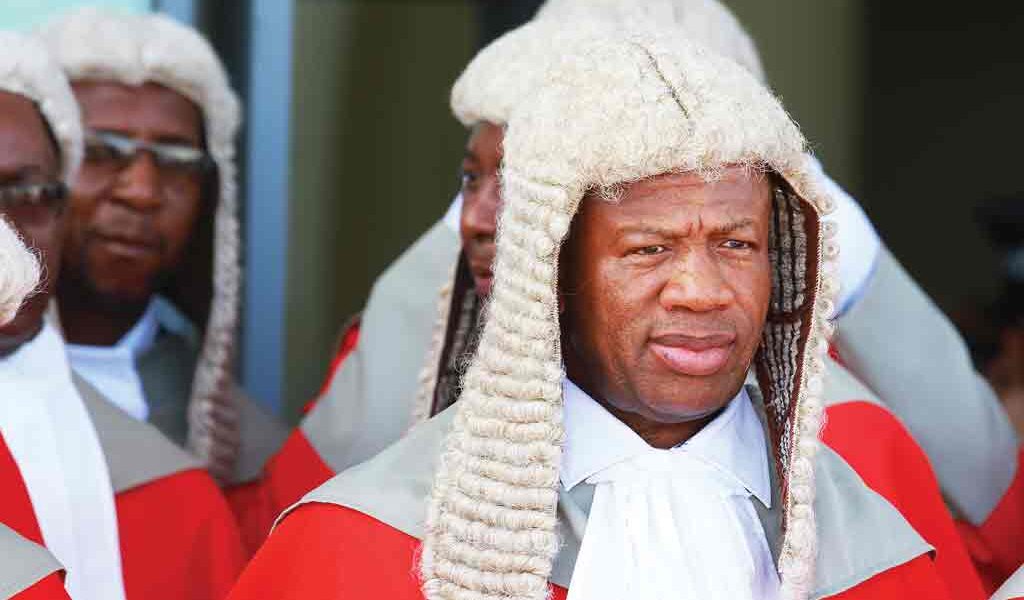- Du Plessis, the lawyer, forged Investor’s signature- Handwriting expert.
- A farm bought by Dirk Legemaat, the investor, was resold to a local farming company.
- “I never signed any affidavit relating to case before Moroka because I wasn’t in Botswana at the time.”
- Moroka’s judgment was “fraudulent” as it was based on fake affidavits with forged signatures- Investor’s attorney.
TSHIAMO TABANE
A Dutch investor, who was defrauded of a farm worth P3 million in Ghanzi and losing over P750 000 to a locally based law firm, is preparing to sue local attorney, Hermanus Christoffel Du Plessis, for forgery and fraud.
The investor who is operating a multi-million-pula farm in South Africa, reportedly purchased a 10 hectare-farm worth P3 million from the famer Raps Mbish in Ghanzi. It is alleged that after selling the farm to Legemaat, Mbish sold it again to a local farming company, Toast Rack (Pty) Ltd. The Dutch investor was then evicted from the farm after it was transferred to Toast Rack (Pty) Ltd. He then engaged attorney Du Plessis to file a case against Mbish and Toast Rack (Pty) Ltd and fight for ownership of the farm. His claim to was however dismissed by Judge Lot Moroka after the matter was heard in court.
In an interview with The Gazette Business this week, the attorney representing Legemaat, Kathryna Mwikisa, argued that Judge Moroka’s judgment was “fraudulent” as “confirmed” by a handwriting expert who has shown it was based on fake affidavits with forged signatures. “Handwriting expert findings have confirmed that affidavits filed by Du Plessis were fake and had forged signatures of Legemaat. We are taking the case back to high court to sue Du Plessis for forgery and claim for damages of loss of the farm. Legemaat invested lot of money into the farm and we can’t let it to be snatched from him,” Mwikisa said.
The South African handwriting expert and forensic documents examiner, Jannie Bester, in his report following investigations, indicated that handwriting differences were apparent between the questioned signature and the collected specimen signatures of Legeemat. “The divergences identified are of such a nature that it caused uncertainty in respect of authenticity. No reasonable explanation was possible regarding the divergences identified. In both instances, the line quality of both signatures appears suspicious indicating to a possibility of forgery,” he wrote.
He emphasized that there were fundamental differences between the signatures and that no corresponding handwriting characteristics were identified between the collected specimens of Legeemaat signatures and the questioned signatures. “Signatures on both the court documents and minutes from the meeting of the board of directors of Gritty Holdings held in Gaborone were not written by Dirk Legemaat. The signatures from the documents are simulated forgeries,” said the expert.
In the report to be presented before court, Bester argued that Legemaat’s signatures on the affidavitis filed before Judge Moroka “were placed onto the documents by means of tracing from a genuine signature.”
In recent court documents, Legemaat also indicated that he never signed any affidavits relating to the case before Judge Moroka and stated that he was not in Botswana on the dates on which the affidavits were signed in Botswana. It also emerged that when Du Plessis was appointed Legemaats’ attorney in March 2011, he did not have a certificate to practice from the Botswana Law Society and a public notice was released on the 5th July 2016 stating that he and his partner and firm were not allowed to provide legal services in Botswana. “Du Plessis did not disclose this to me,” said Legemaat. Du Plessis however declined to comment on the matter when approached by this publication.

